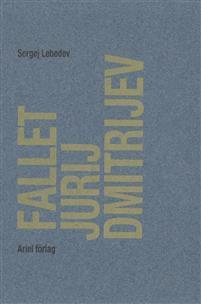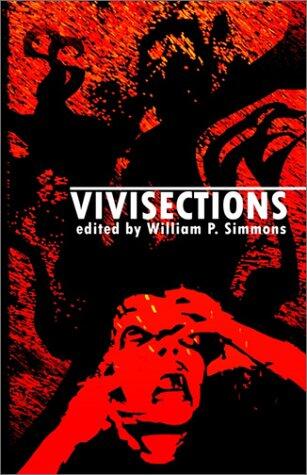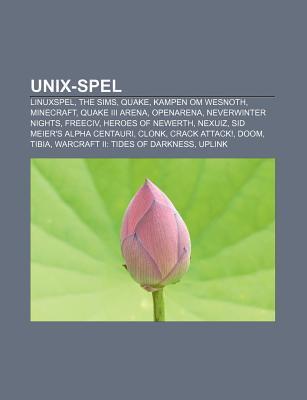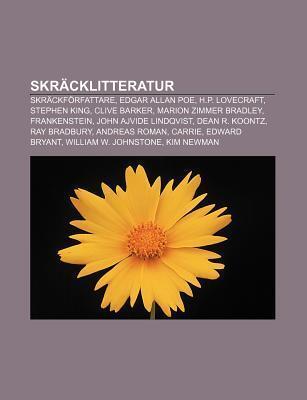
Fallet Jurij Dmitrijev
작성자
Sergei Lebedev
아직 평점이 없습니다
Horror
형식
페이퍼백
페이지
28
언어
스웨덴어
출판됨
May 20, 2018
출판사
Ariel förlag
ISBN-13
9789187605352
설명
In December 2016, Jurij Dmitrijev, a historian from Karelia, was arrested in his home in Petrozavodsk, leading to a complex legal battle that would expose deep-seated issues in contemporary Russian society. As a dedicated researcher, Dmitrijev devoted his life to uncovering the harrowing truths of the Soviet past, particularly the atrocities committed during Stalin's regime. His meticulous work on the Kolyma region, notorious for its labor camps, brought him into conflict with state authorities who were intent on silencing dissenting voices.
As the narrative unfolds, it delves into the life of Dmitrijev, presenting a portrait of a man driven by a moral obligation to remember and document the suffering of countless victims. The book intricately weaves together the themes of history, memory, and justice, reflecting on the importance of confronting the past in order to honor those who were lost. Through Dmitrijev’s journey, readers are invited to consider the fragile nature of truth and the resilience of the human spirit in the face of systemic oppression.
Ultimately, this account serves not only as a biography of a remarkable individual but as a broader commentary on the ongoing struggle for historical recognition in Russia. It resonates as a call to uphold the legacy of those who have endured repression, emphasizing the necessity of historical accountability in shaping a more just future.
As the narrative unfolds, it delves into the life of Dmitrijev, presenting a portrait of a man driven by a moral obligation to remember and document the suffering of countless victims. The book intricately weaves together the themes of history, memory, and justice, reflecting on the importance of confronting the past in order to honor those who were lost. Through Dmitrijev’s journey, readers are invited to consider the fragile nature of truth and the resilience of the human spirit in the face of systemic oppression.
Ultimately, this account serves not only as a biography of a remarkable individual but as a broader commentary on the ongoing struggle for historical recognition in Russia. It resonates as a call to uphold the legacy of those who have endured repression, emphasizing the necessity of historical accountability in shaping a more just future.






